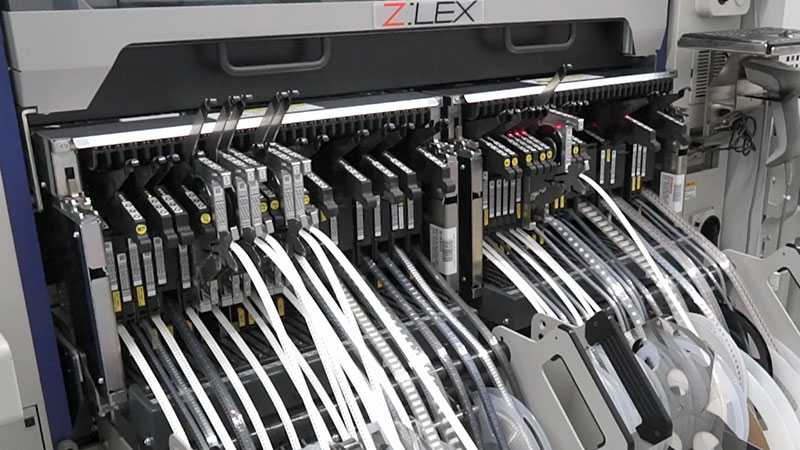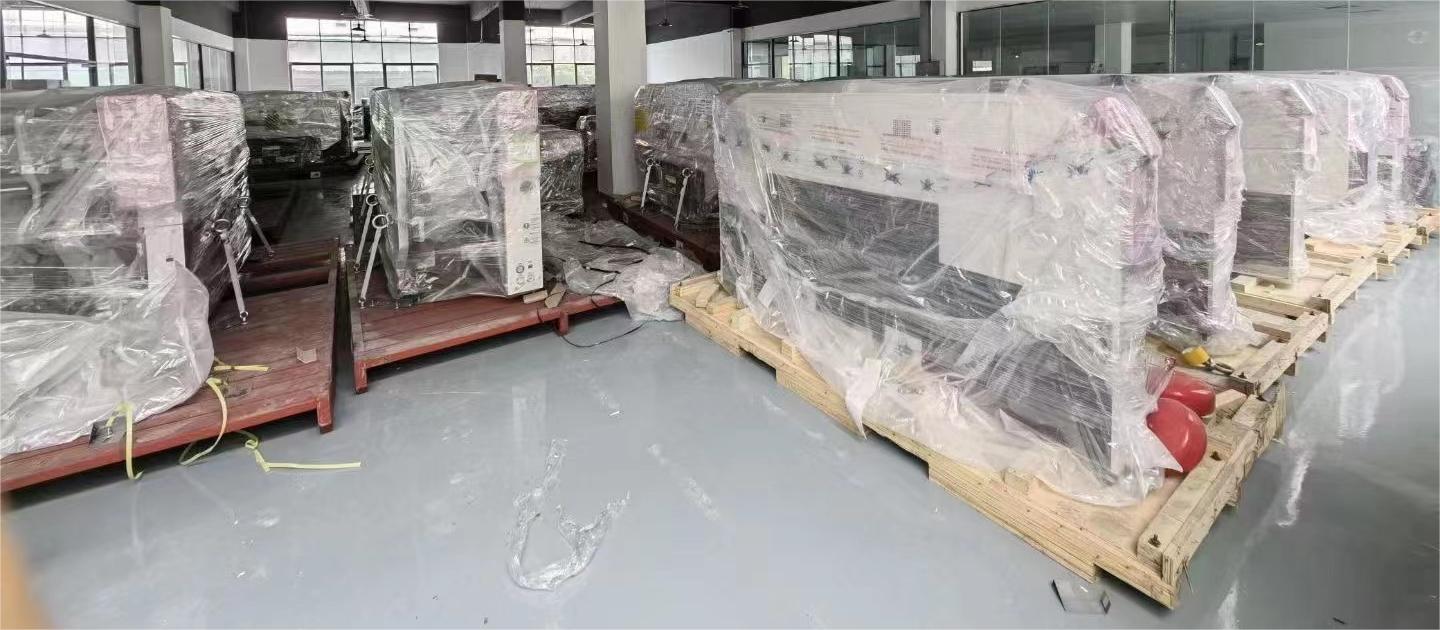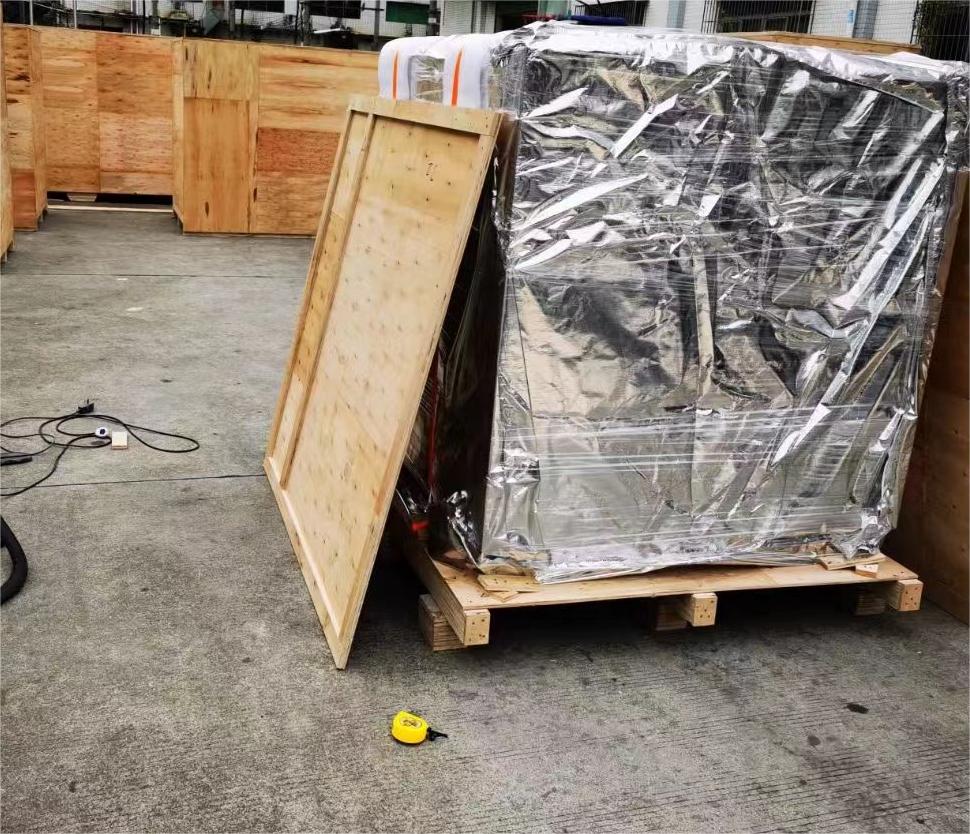La situation du transport maritime international évolue rapidement. Le commerce extérieur et le transport chinois auront-ils un impact sur notre industrie de fabrication électronique d’assemblage de PCB SMT? Comme les voies navigables traditionnelles peuvent devenir “Itinéraires à haut risque,” Quels sont les nouveaux changements qui s’opèrent sur les routes commerciales?
Les attaques des Houthis dans les eaux menant au canal de Suez, un goulot d’étranglement pour environ 10 pourcentage du commerce mondial, ont forcé de nombreuses compagnies maritimes à dérouter leurs navires.
Les compagnies ont ordonné à leurs navires de rester sur place et de ne pas entrer dans le détroit de Bab el-Mandeb, à l’extrémité sud de la mer Rouge, jusqu’à ce que la situation en matière de sécurité puisse être résolue.

Sur le site officiel du géant allemand du transport maritime Hapag-Lloyd le 22, l’état des navires qui apparaissait fréquemment sur la page d’information en temps réel des eaux du canal Mer Rouge-Suez montrait qu’ils contournaient le cap de Bonne Espérance. En raison des inquiétudes suscitées par les attaques des forces armées houthies du Yémen, depuis fin décembre, le détroit de Bab el-Mandab, le “starter pour l’expédition internationale”, est devenue une zone maritime dangereuse que les principales compagnies maritimes du monde tentent d’éviter.
Les Britanniques “Gardien” a rapporté le 21 que plus de 100 Des porte-conteneurs ont déjà fait un détour par le cap de Bonne Espérance, ajoutant beaucoup de temps et de coûts de transport au commerce eurasien.
La crise du canal de la mer Rouge a un impact plus important sur le transport maritime de Yiwu vers l’Europe.
“Le prix de l’expédition d’un conteneur a maintenant plus que doublé par rapport au mois dernier. Initial est à propos de 1,000 USD, mais maintenant, il a grimpé à plus de 3,000 USD, En outre, Il se peut qu’il n’y ait pas d’espace disponible.”

Jin Lixian, directeur exécutif de la Chambre de commerce internationale de Yiwu et de l’Association internationale de transport de fret et de logistique de Yiwu, a déclaré qu’en plus de la hausse des prix du fret, Un autre impact évident est que les calendriers d’expédition ont été considérablement allongés.
De nombreux cargos ne peuvent pas passer par la mer Rouge, doivent être bloqués en haute mer, et ne peut pas bouger.
“Maintenant, si le calendrier d’expédition est à nouveau, il faut contourner le Cap de Bonne Espérance en Afrique. Cette route augmentera 15 jours par rapport à l’horaire initial de navigation du canal de Suez.”
Hausse des taux de fret, Délais d’expédition prolongés, et les retards de livraison ont exercé une certaine pression sur le commerce extérieur. Avons-nous donc d’autres routes pour transporter des marchandises vers l’Europe au lieu de la route du canal de Suez?

Il existe trois principales routes maritimes entre l’Asie et l’Europe: le détroit de Bab el-Mandeb, le Cap de Bonne Espérance, et la route de l’Arctique.
Actuellement, la route de l’Arctique n’est pas navigable en raison de l’hiver; changer la route du Cap de Bonne Espérance coûtera des centaines de milliers à des centaines de milliers de dollars en coûts de carburant, ainsi que plus de dix jours.
Pour cette raison, Nous recommandons aux clients d’acheter de grandes quantités de marchandises et d’organiser les commandes un mois à l’avance pour éviter de retarder la production.
En plus du transport maritime, Les trains de marchandises Chine-Europe sont devenus une autre option pour nous.
Les commandes urgentes des lignes d’alimentation SMT de clients européens sont acheminées par rail. “Le coût de transport des trains de marchandises Chine-Europe est un peu plus élevé que celui du fret maritime, Mais elle a aussi ses avantages, C’est, Le temps de transport est plus rapide que le fret maritime.”
Il faut presque 26 jours pour que les marchandises atteignent la Pologne par voie maritime. Maintenant, il faut environ 10 jours de plus pour faire le tour du Cap de Bonne Espérance. Toutefois, Il faut généralement environ 16 jours pour atteindre la destination en express Chine-Europe.
Peu importe à quel point c’est difficile, Nous avons toujours un moyen de le résoudre. Il y a toujours plus de solutions que de difficultés!
















